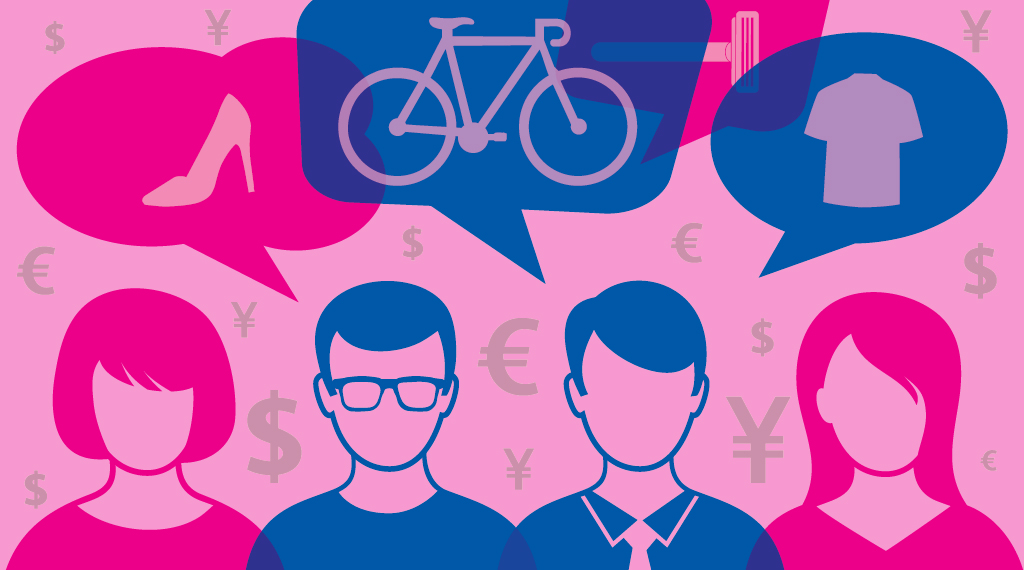
In the News
The CEO of Boxed, 'the Costco for millennials,' says his site has banned the infamous 'pink tax'
LAS VEGAS — Pop quiz time: Two comparable products sit before you. One's pink, with daisies and smiling women on the packaging. One's not. If you had to guess, which one is more expensive?
If you guessed the flowery one, you're probably familiar with the concept of the "pink tax." Basically, this refers to the idea that products marketed toward women are more expensive than comparable items marketed to men. A 2015 study by the New York City Department of Consumer Affairs found "on average, that women pay approximately 7 percent more than men for similar products."
A separate but related phenomenon is the "tampon tax," wherein essential hygiene products like tampons undergo a value-added tax, unlike other basic necessities like groceries and prescriptions.
As Boxed CEO Chieh Huang said at the second annual Groceryshop conference in Las Vegas on Monday, 32 states in the United States continue to tax tampons as if they're a "a luxury good."
Read All News